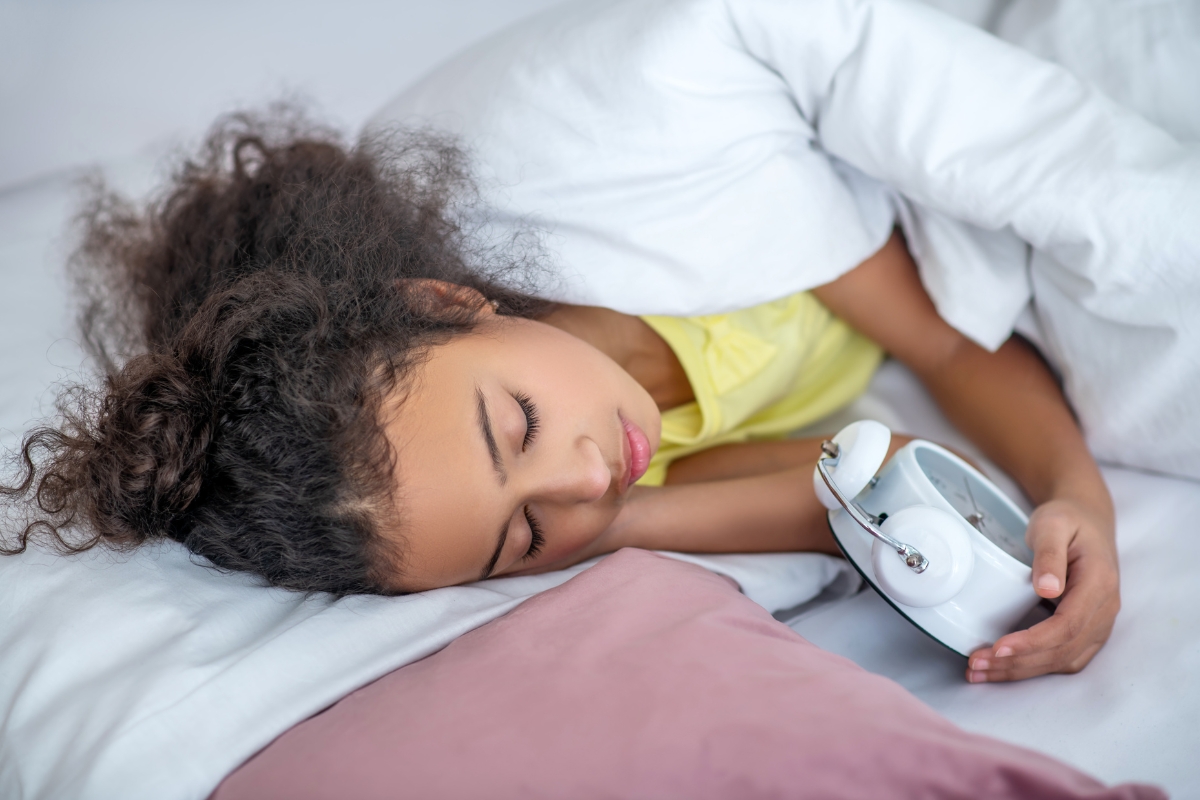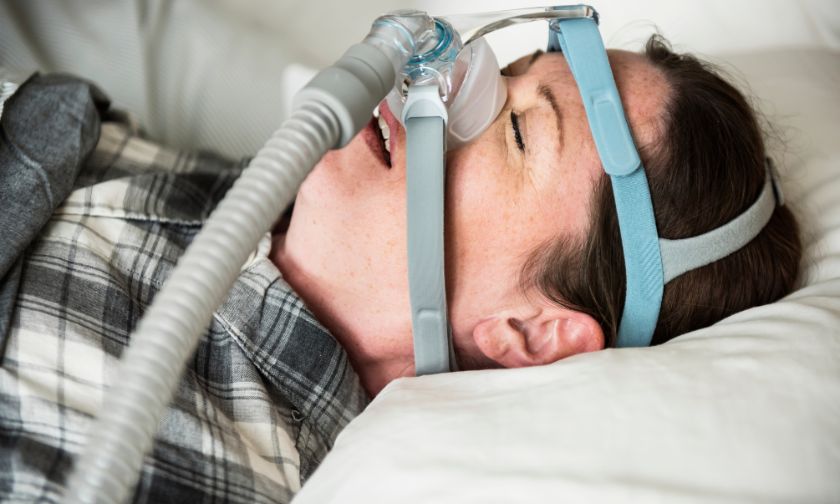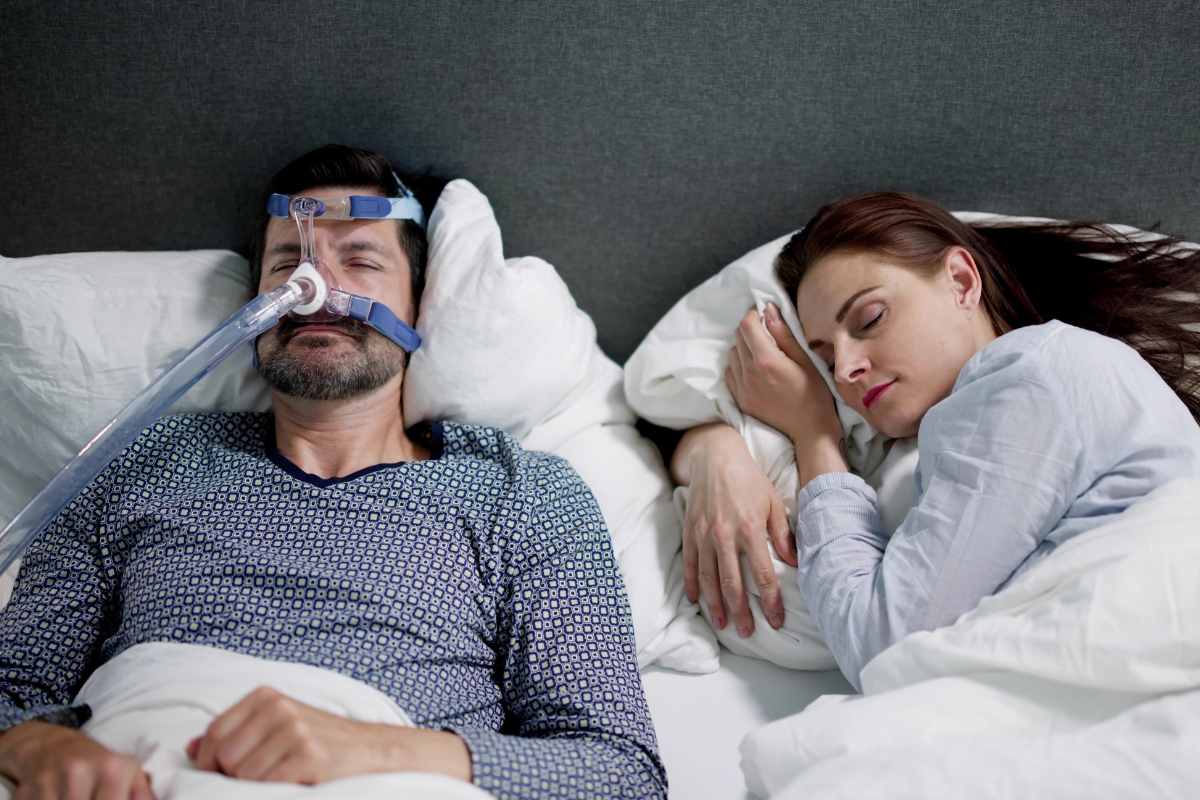How Untreated Sleep Apnea Affects Mental Health
Sleep apnea masquerades as “just snoring,” but danger’s afoot. Undiagnosed apnea silently afflicts millions of Americans, disrupting oxygen and midnight rhythms. Insufficient or partial sleep disrupts brain chemistry and disrupts cascading levels of emotional and mental stability.
New research has connected undiagnosed apnea to depression, anxiety, memory loss, and long-term neurological deterioration. Understanding the link between apnea and mental health explains why it is more important than ever you see a sleep doctor to be treated for sleep apnea.
What is Sleep Apnea?
Sleep apnea is a recurring pause in breathing during sleep. There are three types: Obstructive, Central, and Complex, with distinct mechanisms.
Obstructive involves blocked airways, and Central involves miscommunication between muscles and the brain. Complex involves both, making the problem worse and impacting rest more.
Untreated apnea depletes oxygen, disrupts sleep quality, and stresses overall health. Early intervention of sleep apnea prevents chronic fatigue, poor concentration, and snowballing psychiatric disease.
Why Sleep Matters to Mental Health
The brain restores itself with the aid of unbroken cycles of sleep. Poor sleep interferes with hormones, mood, and emotional resilience.
The American Academy of Sleep Medicine describes the effect of bad sleep on judgment and concentration. Apnea left untreated throws things out of sync to make some people irritable, confused, and vulnerable to psychiatric illness.
Seeking an effective sleep apnea treatment in Rocklin brings back natural functions, protects mental alertness, and overall health.
How Untreated Sleep Apnea Impacts Mental Well-being
1. Heightens Risk of Depression
Chronic fatigue alters neurotransmitters and produces persistent depression and a lack of interest in activities. Untreated apnea patients constantly experience higher clinical depression rates.
2. Heightens Levels of Anxiety
Interfered sleep overexcites the stress mechanism and heightens panic, irritability, and persistent nervousness. Sleep apnea treatment in Rocklin balances breathing and erases anxiety-producing nighttime interruptions.
3. Interferes with Memory and Concentration
REM sleep consolidates memory, but oxygen deprivation hinders brain efficiency. Untreated apnea creates foginess, poor focus, and noticeable declines in daily functioning.
4. Raises Dementia and Cognitive Impairment Risk
Oxygen starvation hastens neuronal breakdown and dementia processes. Science links untreated apnea to higher Alzheimer‘s risks unless treated for sleep apnea.
The Vicious Cycle: Mental Health and Sleep Apnea
Anxiety and depression disrupt sleep and make the apnea symptoms worse still. This cyclical process produces daytime sleepiness and poor-quality sleep for nights on end. Poor sleep reinforces mental illness, while distress in the mind worsens sleep disorders simultaneously.
The cycle can be disrupted only by addressing apnea and mental health simultaneously. An efficacious treatment for sleep apnea restores equilibrium and enhances mood, cognitive function, and daytime functioning.
When to Seek Professional Help?
Warning signs are thunderous snoring, gasping, frequent headaches, and hypersomnia. Difficulty with thinking and mood swings typically indicate more severe, untreated apnea problems.
Sleep tests followed by early evaluation ensure accurate diagnosis and effective treatment. CPAP, oral devices, and supportive lifestyle adjustments are now available. Treatment is guided by professional advice to address every individual’s unique health needs.
Untreated sleep apnea ruins something more than sleep. It attacks mental and emotional health directly. Depression, anxiety, memory loss, and dementia risk escalate if not addressed immediately. Effective treatment of sleep apnea brings back energy, quickness, and stability for long-term health.
Options range from medical gadgets to slumber health-contributing lifestyle alterations today. Protecting your sleep is protecting your brain. Place a priority on sleep apnea treatment before it’s too late.




